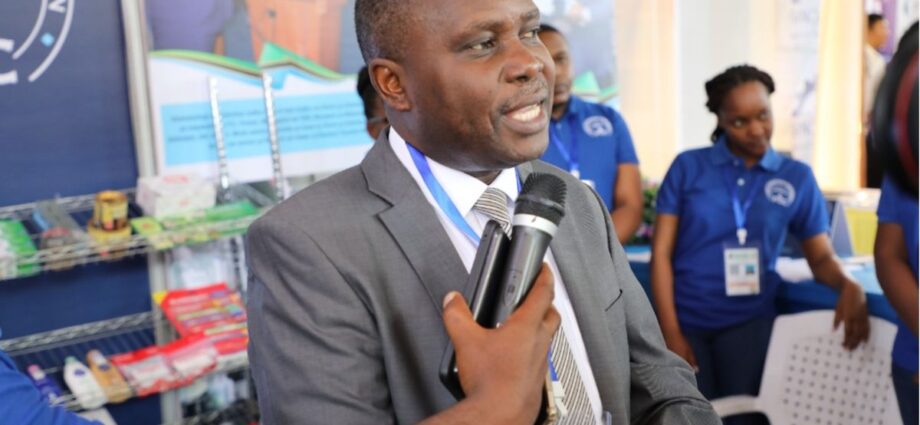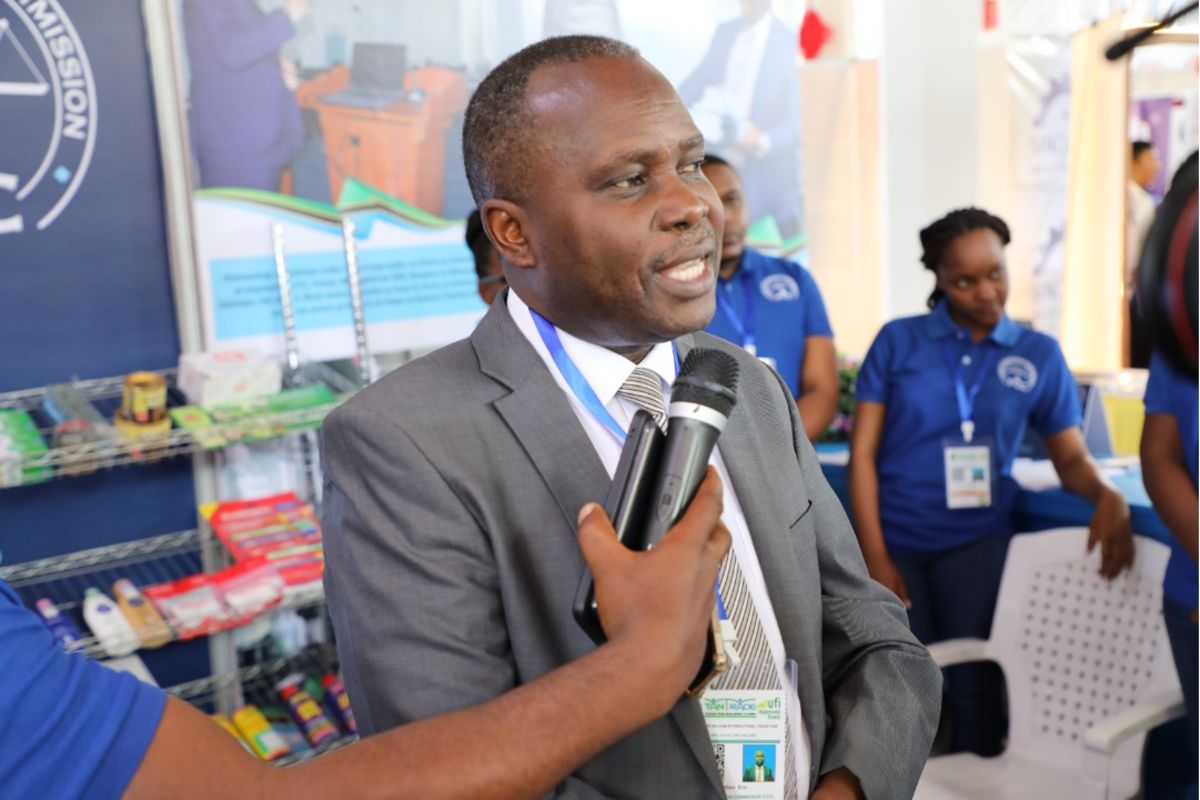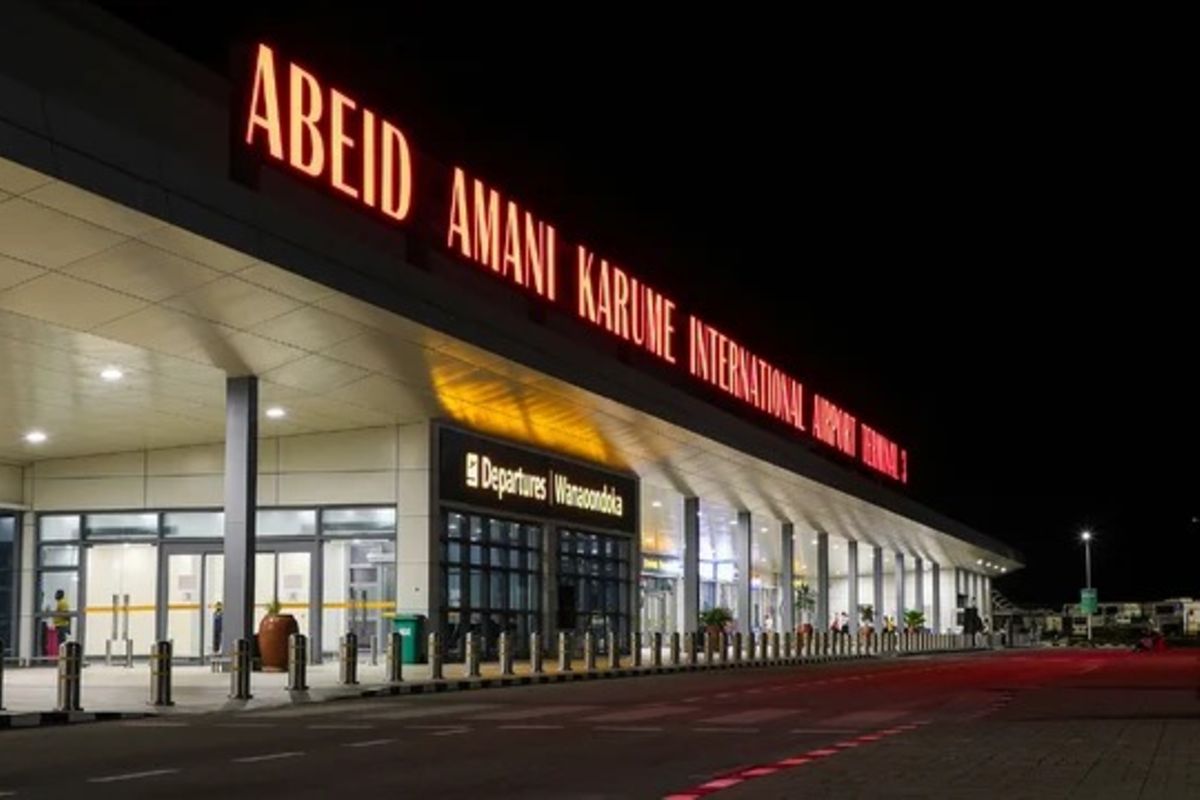Dar es Salaam. Tanzania and Kenya yesterday agreed to cooperate in combating counterfeit products flowing into the two countries as part of wider efforts to protect traders and investors dealing in genuine goods.
The Tanzania Fair Competition Commission (FCC) seized counterfeit products worth Sh15 billion during the last financial year, according to FCC director general William Urio.
In Kenya, the value of the illicit trade stood at Ksh800 billion (about Tsh12.8 trillion) in 2020, with counterfeit products accounting for Ksh100 billion, according to Kenya’s Anti-Counterfeit Authority (ACA).
It is on those grounds that the two nations met yesterday and saw the need to make joint efforts to address the challenge that is a threat to investors and health of consumers.
“We are determined to cooperate in strategic, legal and execution areas,” Mr Urio said.
In the wake of increased counterfeit goods in the Kenyan market, Kenya in January launched a recordation system that is meant to curb counterfeit products at the source so that the same does not enter the market.
Recordation requires all owners importing goods into Kenya to notify the anti-counterfeit authority the particulars of such goods so that they could be inspected to see whether they met standards or not.
Tanzania is seeking to emulate Kenya in that method of curbing counterfeit products.
Mr Urio said they were now assessing the effectiveness and efficiency of the system before adopting the same.
“We want to learn from Kenya on how the system operates, its benefits and challenges so that we can come up with an improved version,” he said.
Mr Urio added that the two governments wanted to see trade between the two countries grow even further, but in a manner that offers a level playing field.
Tanzania-Kenya bilateral trade hit $905.5 million (about Sh2.1 trillion) for January to November 2021, according to the Central Bank of Kenya.
Under the period of review, Kenya’s imports from Tanzania stood at $501 million (about Sh1.2 trillion), and exports at $403.9 million (about Sh929 billion).
“We must scale up our fights against counterfeit products to protect the image of our countries in the eyes of investors and spur trade volume between the two nations,” recommended Mr Urio.
ACA chairman Josphat Kabeabea said considering the fact that Tanzania and Kenya are brothers, working in collaboration is inevitable.
“FCC and ACA need to be very serious. We need to act quickly in the name of supporting our traders and investors,” said Mr Kabeabea.
He said the duo needed to level the playing ground so that business people from the two countries could enjoy the diverse market in the East African Community (EAC), which is home to 280 million citizens.
“That is not enough though. It is also our duty to empower, protect, facilitate and guide their investments,” asserted Mr Kabeabea.
If done otherwise, he cautioned, businesses will not grow, no new investments will be made and in return the government will not get tax.
ACA executive director Robi Njoroge said Tanzania and Kenya were looking at the areas of possible collaboration to address the challenge of counterfeit products.
“It (counterfeits) is not a battle that can be won by one country. We need to join our forces,” noted Dr Njoroge.
So far there is no up-to-date research on the impact of counterfeits in Tanzania.
However, until 2017, a research commissioned by the Confederation of Tanzania Industries (CTI), established that at least 50 percent of goods consumed in the country, including drugs, foods, construction materials and other working tools, were counterfeit.
The study, conducted after interviewing 250 consumers’ countrywide and 47 manufactures and collection of the primary and secondary data, also revealed that entry points for the fake goods included ports, airports and porous borders.
There were also domestically produced fake goods.
The then CTI chairman, Evasist Maembe, is on record as having been quoted saying that the study was commissioned because the problem of fake goods is alarming, especially imported items from Kenya, China, Bangladesh, Vietnam, Singapore, South Africa and others.















